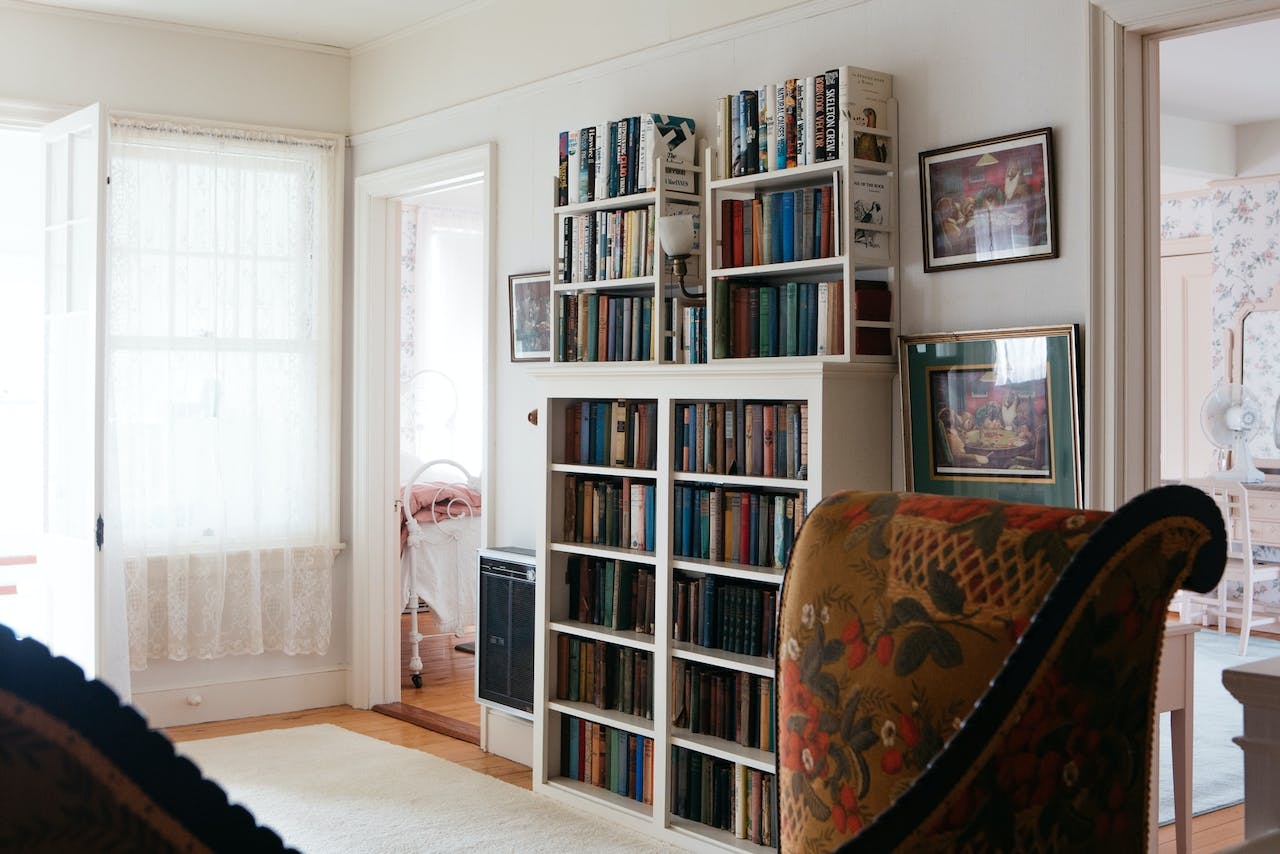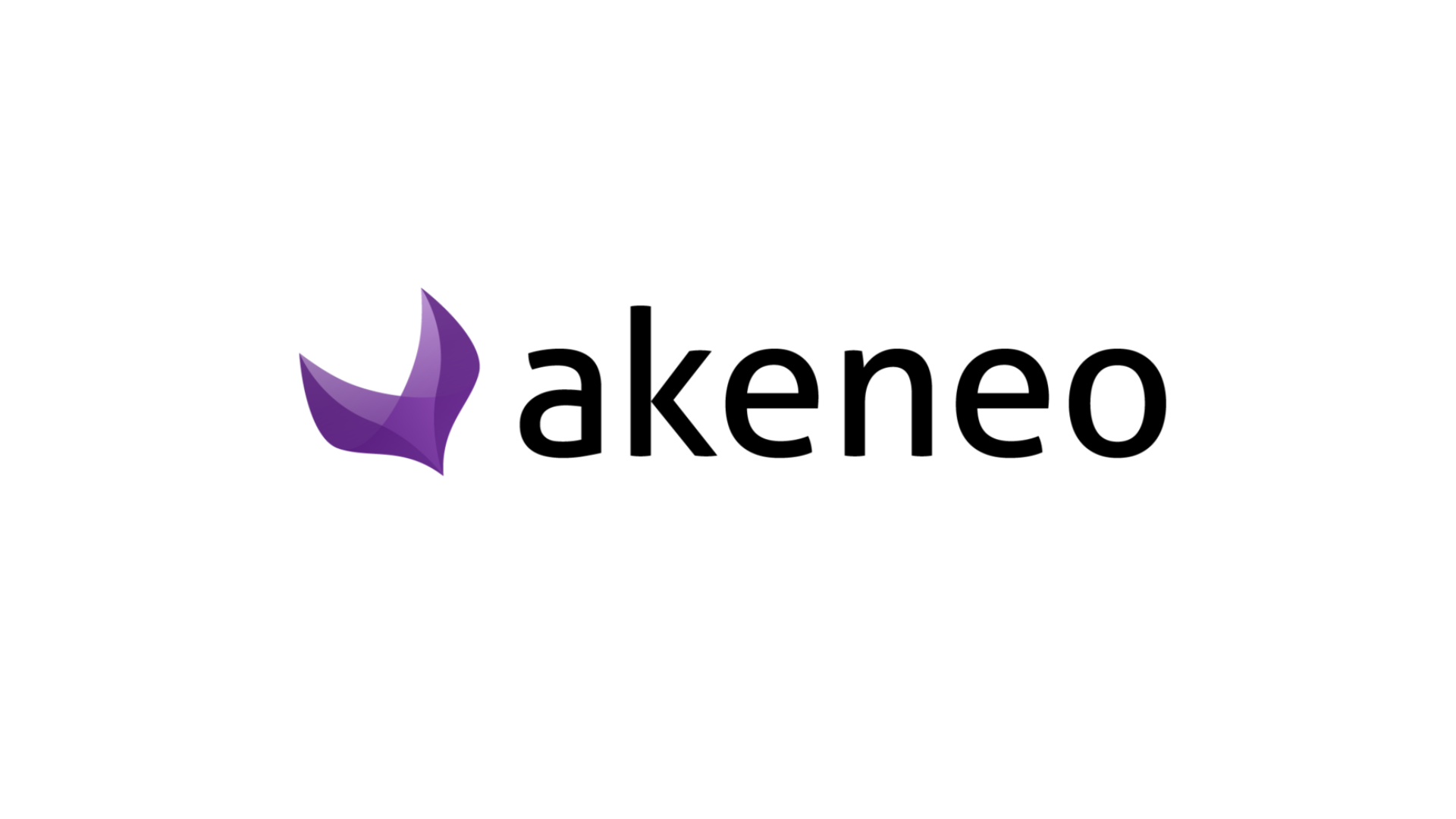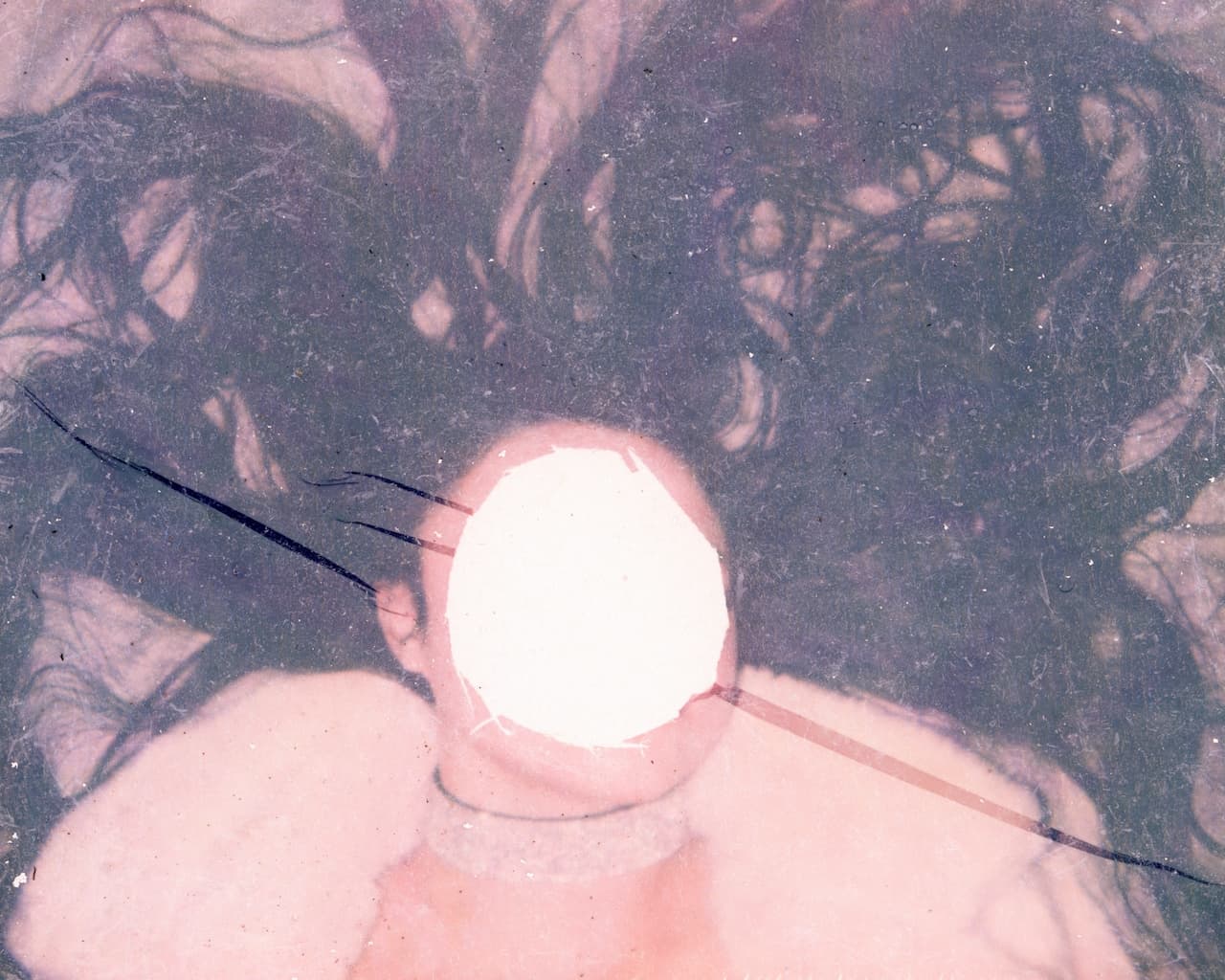The Home and Lifestyle industry is fuelled by trends; brands never know what to expect next so we are here to help.
The home and lifestyle market is a vast and dynamic industry that encompasses a wide range of products and services. From home decor and furniture to fashion, wellness, and travel, the market caters to diverse consumer needs and preferences. In recent years, the industry has witnessed significant changes and trends that reflect evolving consumer attitudes and behaviours.
It’s no secret that we didn’t expect the drastic 36% increase in spending UK consumers would undertake on home improvement projects and renovations during the last 3 years since the pandemic. But now that the post-pandemic spending is starting to lower to normal levels again, the use of TikTok and Instagram as home and lifestyle inspiration platforms has continued to rise.
This continued popularity of these social platforms in particular means that trends are spreading like wildfire among consumers. Failing to get involved in these trends could make all the difference between breaking your ROI records versus losing important sales to competitors.
So let’s get stuck in shall we? Here are the trends we think are sticking around for the long-haul for the home and lifestyle market:
Sustainability
One of the most notable trends in the home and lifestyle market is the growing interest in sustainability and eco-friendliness. Consumers are increasingly conscious of their impact on the environment, and are seeking out products and brands that prioritise sustainable and environmentally responsible practices. This trend is reflected in the growing popularity of eco-friendly home decor, such as natural fibres, recycled materials, and organic fabrics, as well as products that promote energy efficiency and waste reduction.
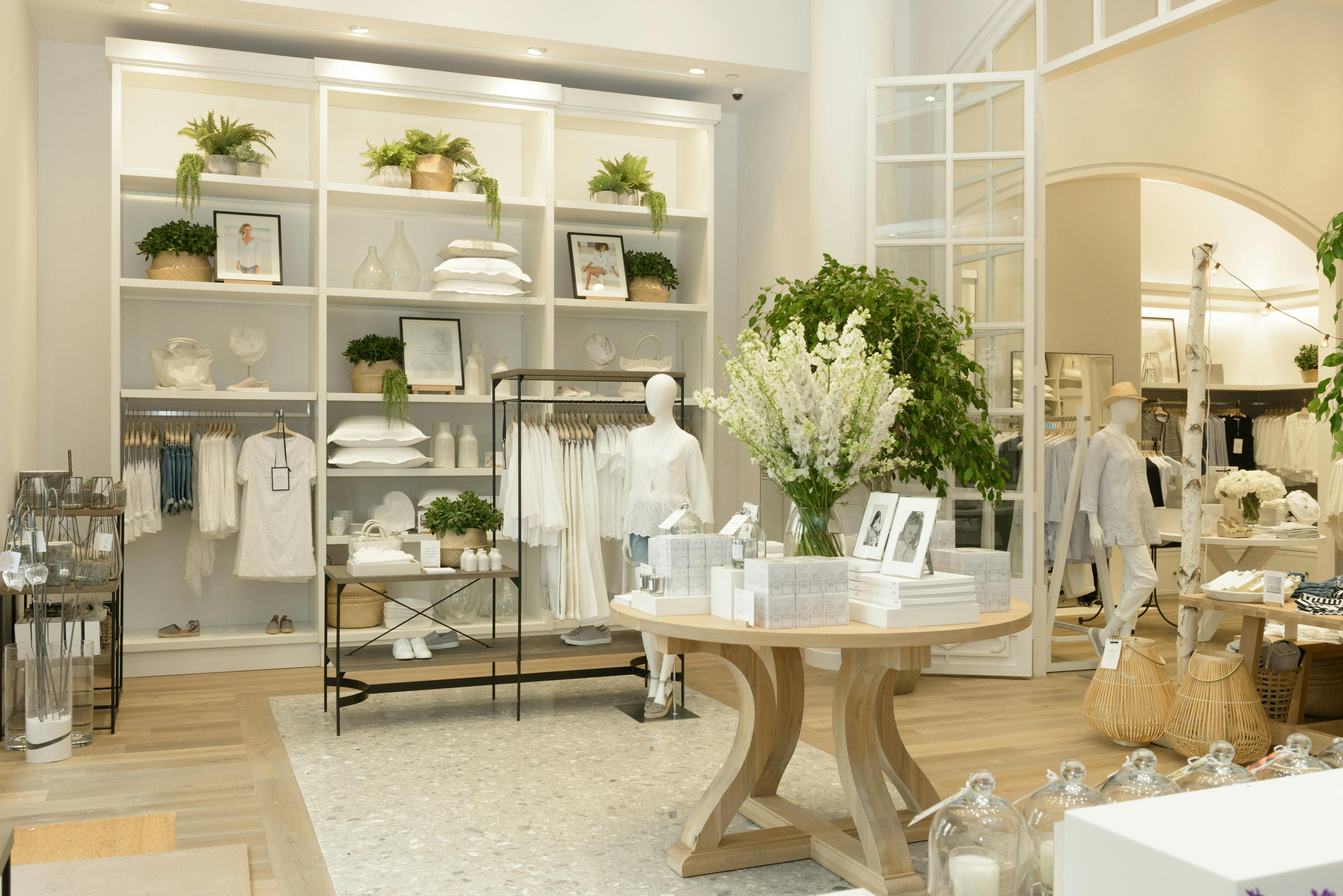
One of the most recognisable homeware brands, The White Company is playing its part in contributing toward a more sustainable planet. The brand has many ambitious sustainability targets, with one aiming to become B-Corp certified this year.
Simplicity
Another significant trend we expect to continue in the home and lifestyle market is the rise of minimalism and simplicity. Many consumers are embracing a more minimalist and simplified lifestyle, and are seeking out products that reflect this aesthetic, such as clean lines, neutral colours, and multifunctional designs. This trend is also reflected in the growing popularity of small-space living and modular furniture, as consumers seek out products that are versatile and adaptable to their changing needs.
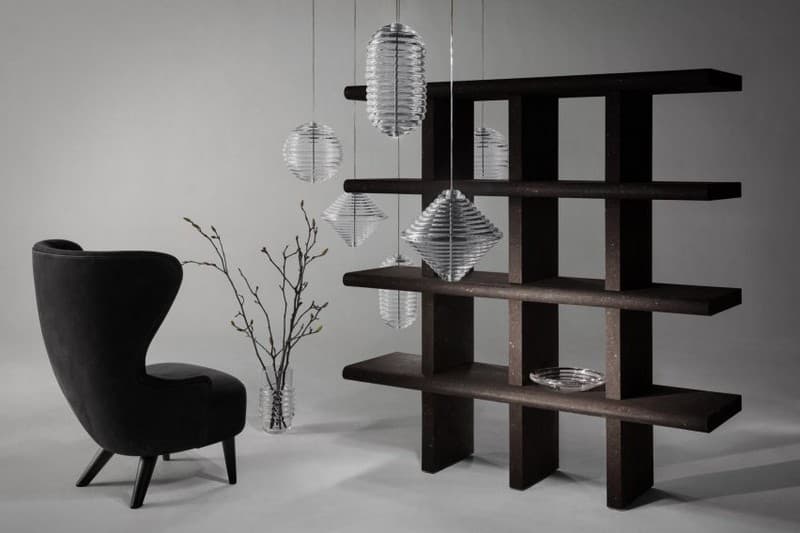
The Cork Collection, by our client, Tom Dixon, consists of chubby, rounded silhouettes designed to let the material shine. Made entirely from cork that has been charred to give it a rich, deep brown colour reminiscent of rosewood, this collection is both simple and sustainable. This material was carbonized to gain a darker and more rustic hue.
Earth tones in particular are going to be hot, hot, hot right now – think sunsets in the desert. Terra-cotta, rust, marigold and dusty rose paired together for a tone-on-tone palette will make your home feel simultaneously grounding and invigorating — not unlike a trip to a desert spa.
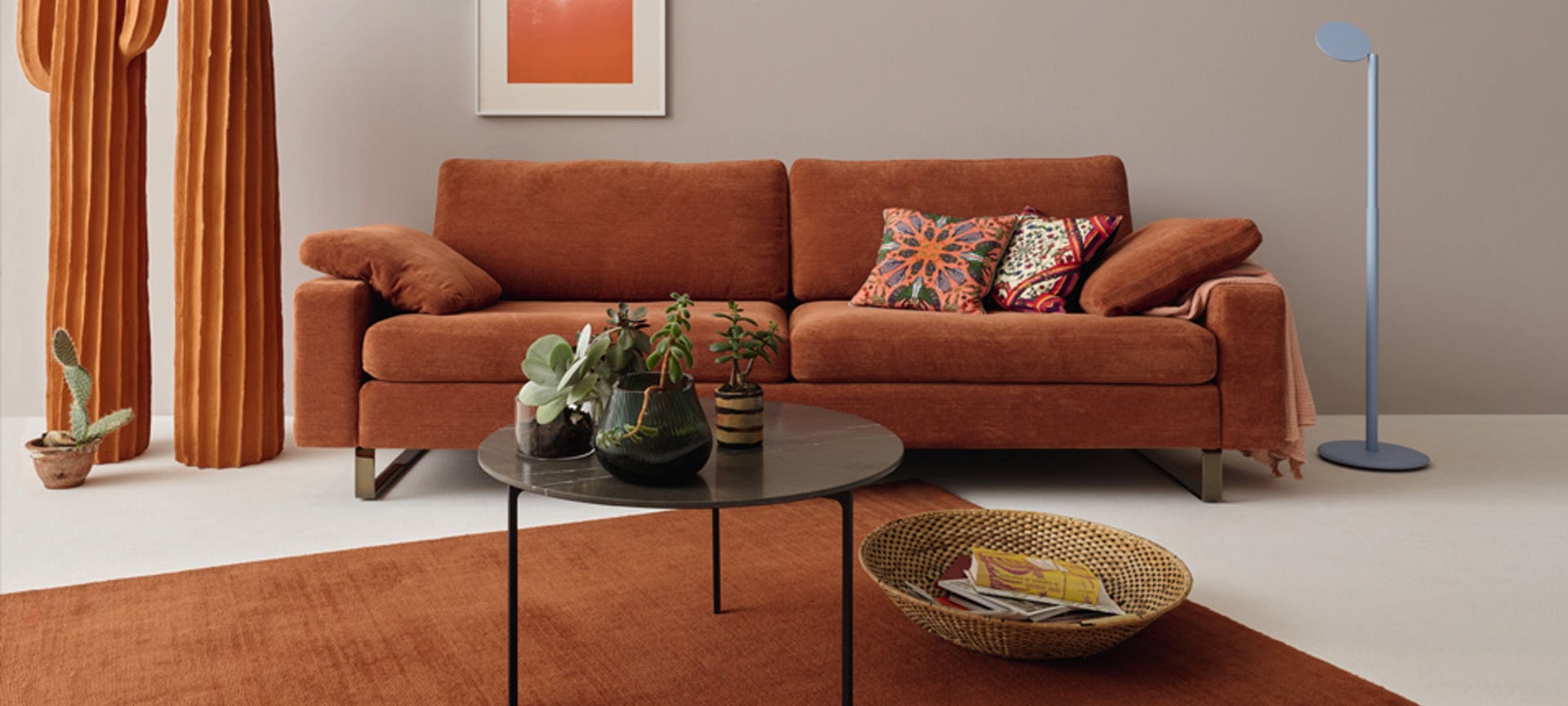
Chaplins are another client of ours, great at using colour palettes to ground a space. Spiced pastels and neutrals are always showing up amongst their designs. In mixing soft pastels with rich taupes and oranges, it is both grounding and energising; the chromatic equivalent of a Pumpkin Spice latté. Or a brisk walk on a bright day.
Self-care
The wellness and self-care trend is also gaining momentum in the home and lifestyle market, as consumers increasingly prioritise their health and well-being. Products such as aromatherapy diffusers, bath salts, and meditation apps are growing in popularity, as consumers seek out ways to relax and unwind in their homes. This trend is also reflected in the growing popularity of home fitness equipment and smart technology that tracks health metrics and provides personalised recommendations.
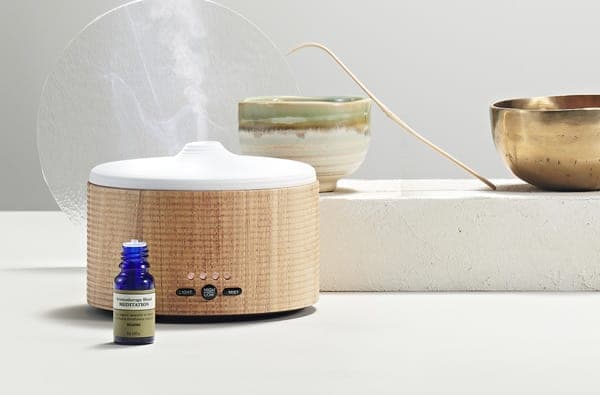
We have always admired Neil's Yard Remedies. You can create your perfect moment with their collection of electric diffusers and aromatherapy oil burners; paired to suit your mood. As global leaders in sustainability they aim to be a Net Positive business that benefits all aspects of environmental, social and economic sustainability whilst providing memorable atmospheres with their iconic scents.
Smart technology
Advances in technology are also shaping the home and lifestyle market. Smart home technology is enabling consumers to connect and control their home devices and appliances through voice commands or mobile apps, allowing for greater convenience and efficiency. Consumers are also increasingly interested in the role of technology in improving sleep quality, with products such as smart mattresses and sleep tracking devices growing in popularity.
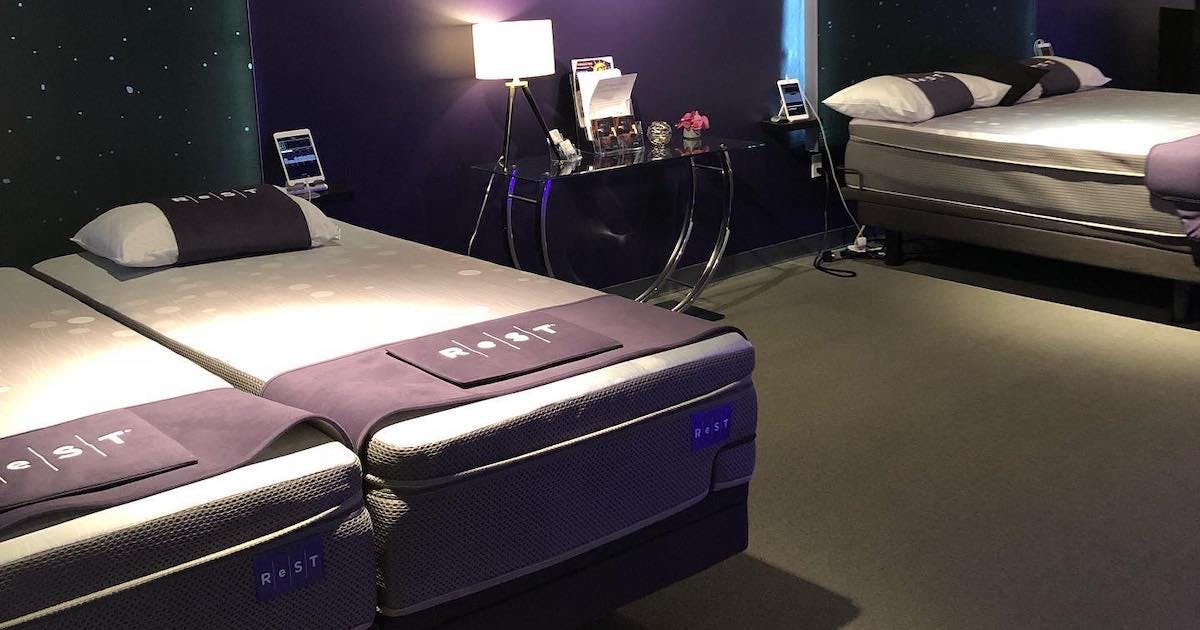
ReSt is widely considered to be one of the best smart mattress brands. The name has become synonymous with cutting-edge sleep technology in beds, and while the ReST Pump-in-Bed is one of its more affordable models, it doesn't cut any corners in terms of sleep tracking and custom comfort.
Second-hand chic
Finally, the vintage and artisanal trend is also gaining traction in the home and lifestyle market, as consumers seek out unique and one-of-a-kind products that reflect a sense of history and craftsmanship. Second hand, vintage, classic and artisanal home decor and furniture, such as antique rugs or handmade pottery and bureaus provide a sense of individuality and personal style, while also supporting local artisans and small businesses.
We are also seeing repurposed furniture breathing life into homes; if you have a record cabinet on hand but no longer collect vinyl, it could serve as a drink cart – why not?
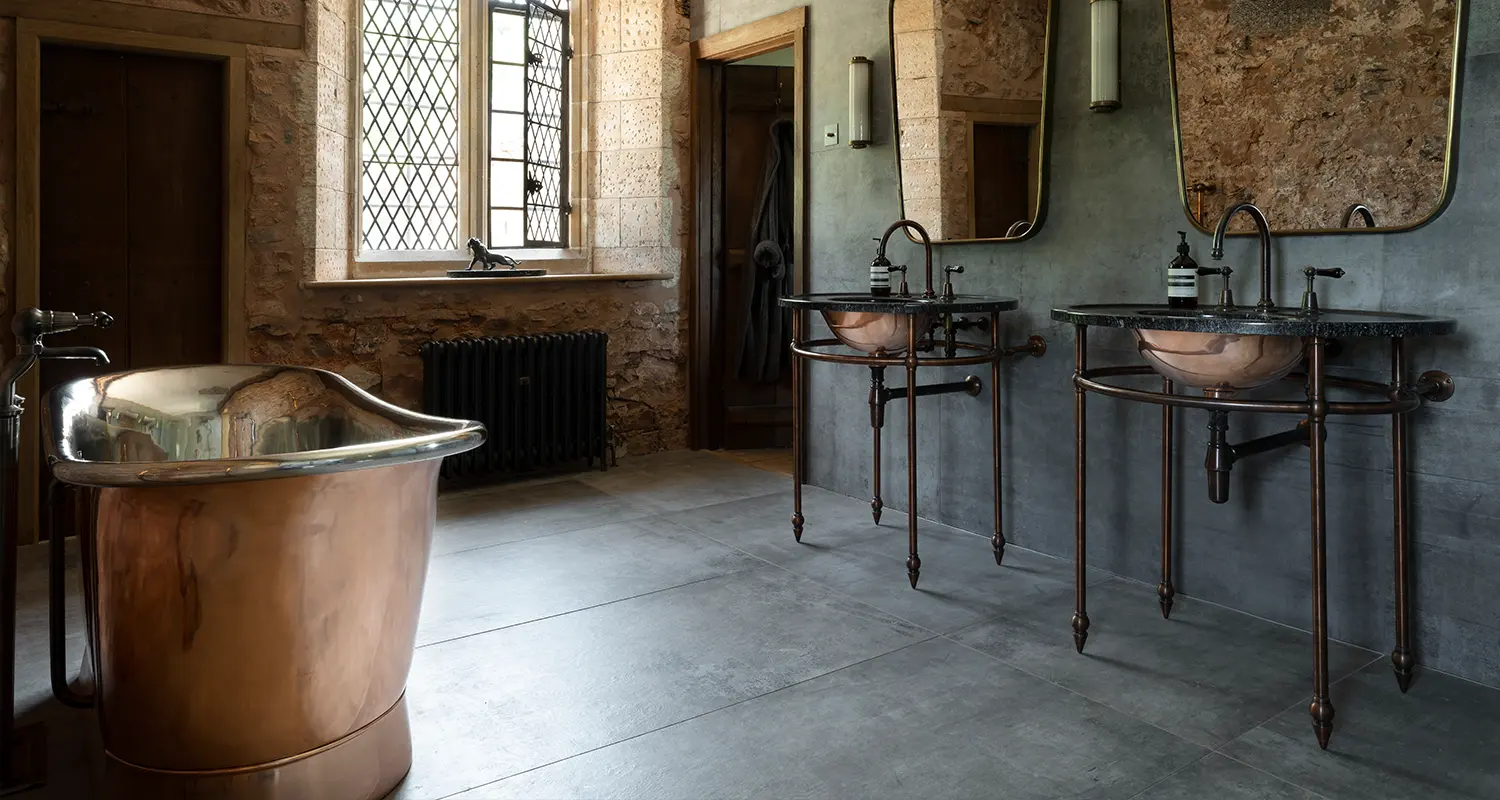
Catcherpole and Rye come from a tradition of antique and beautiful bath ware, created and cultivated for the modern day. This brand are great at bringing back Victorian basins, baths and vanities for the modern day consumer after a bespoke and vintage inspired home.
The home and lifestyle market is constantly evolving, reflecting changing consumer attitudes and behaviours. Trends such as sustainability, minimalism, wellness, technology, and individuality are shaping the industry, providing consumers with an ever-growing range of options and products that reflect their values and priorities.
